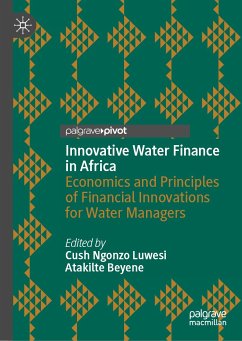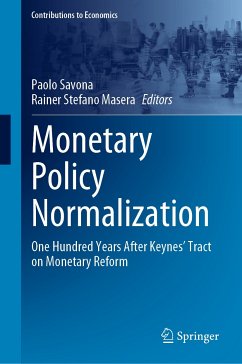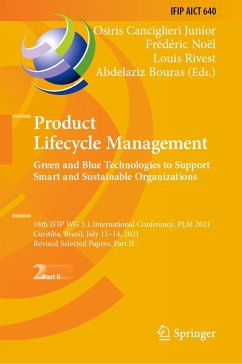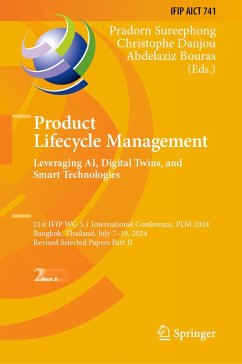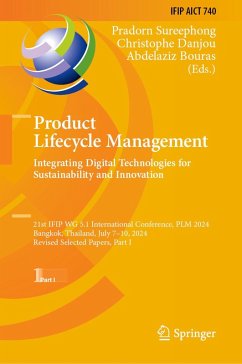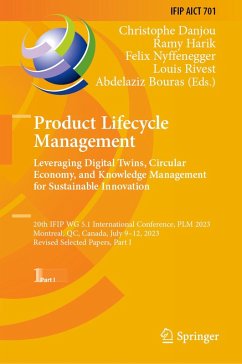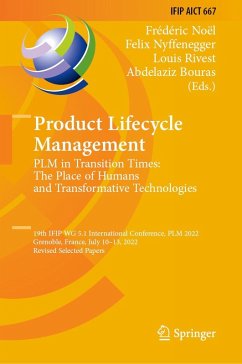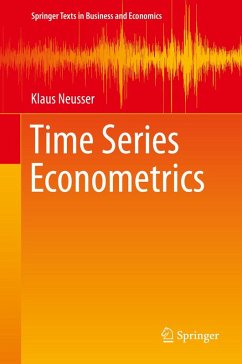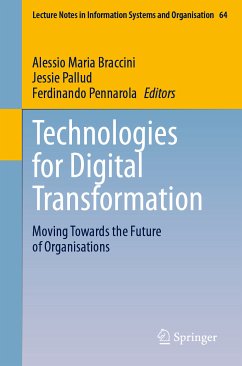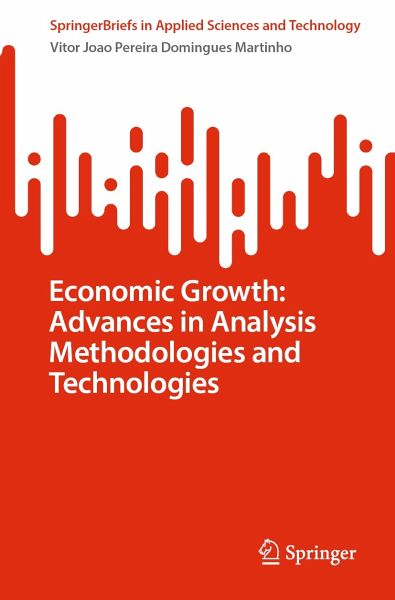
Economic Growth: Advances in Analysis Methodologies and Technologies (eBook, PDF)
Versandkostenfrei!
Sofort per Download lieferbar
53,49 €
inkl. MwSt.
Weitere Ausgaben:

PAYBACK Punkte
0 °P sammeln!
This book assesses the main interrelationships between economic growth processes, life cycle sustainability assessment approaches, and new technologies in the framework of digital transition. In other words, it aims to highlight how sustainability assessment methodologies and artificial intelligence can better support different actors for more sustainable economic growth. Readers of the book would benefit from diverse perspectives on the contributions of evaluation methodologies and digital technologies to more sustainable economic growth. This is important especially for students, policymaker...
This book assesses the main interrelationships between economic growth processes, life cycle sustainability assessment approaches, and new technologies in the framework of digital transition. In other words, it aims to highlight how sustainability assessment methodologies and artificial intelligence can better support different actors for more sustainable economic growth. Readers of the book would benefit from diverse perspectives on the contributions of evaluation methodologies and digital technologies to more sustainable economic growth. This is important especially for students, policymakers and public institutions. Economic growth is analysed using the concepts of sigma and beta convergence from neoclassical theory and the Verdoorn law of Keynesian development. For sustainability assessments, the book considers methodologies associated with social life cycle assessment and life cycle cost analysis. In the context of digital technologies, special emphasis is given to machine anddeep learning approaches.



